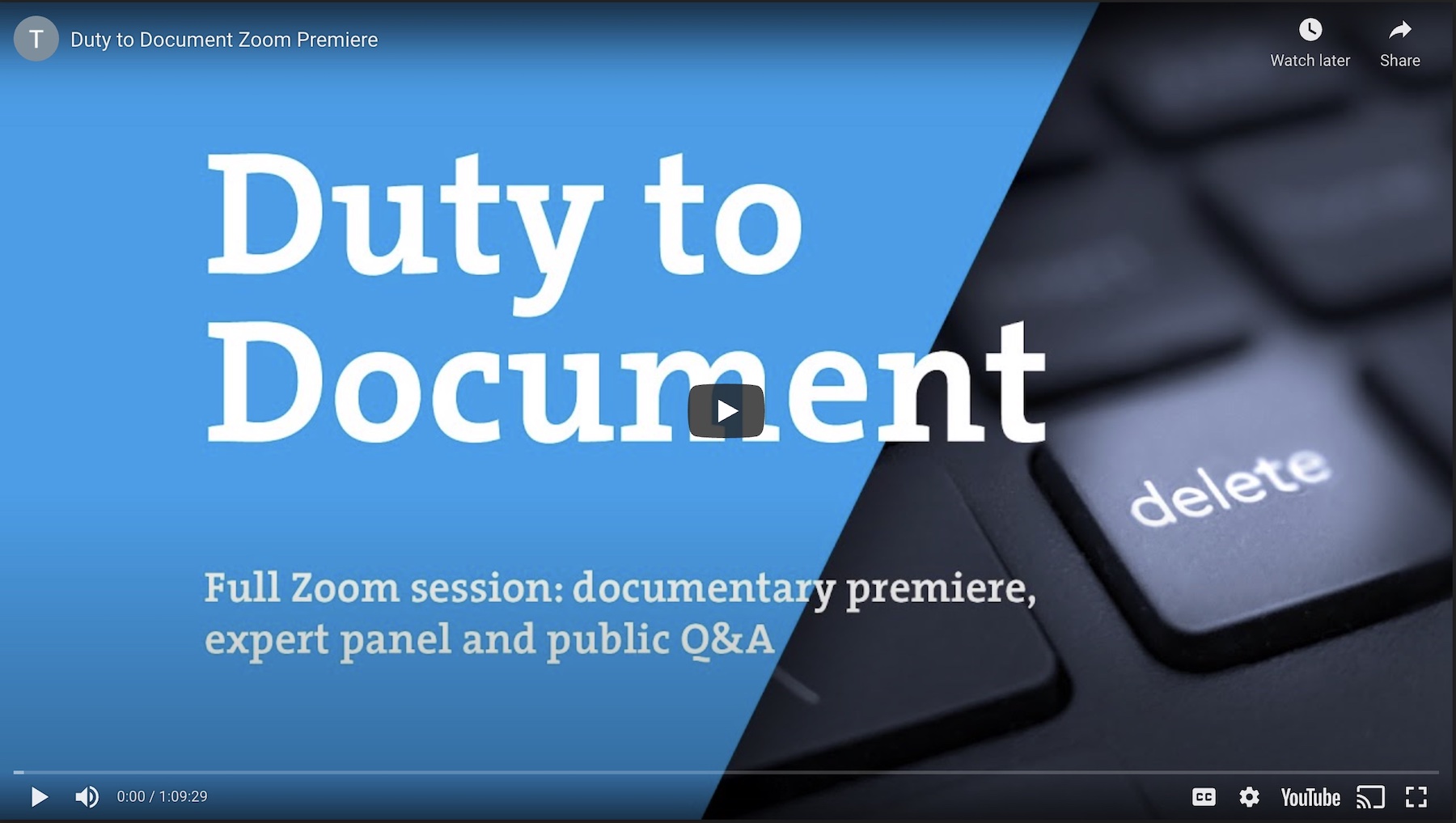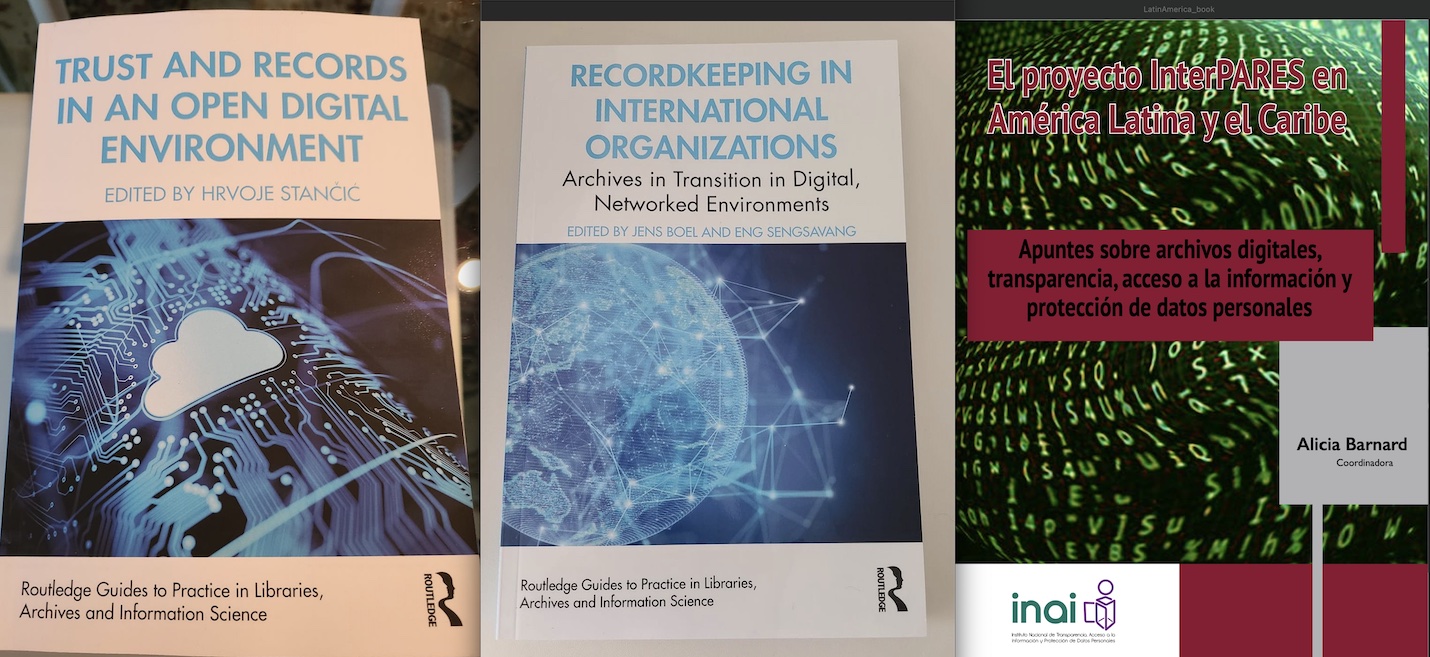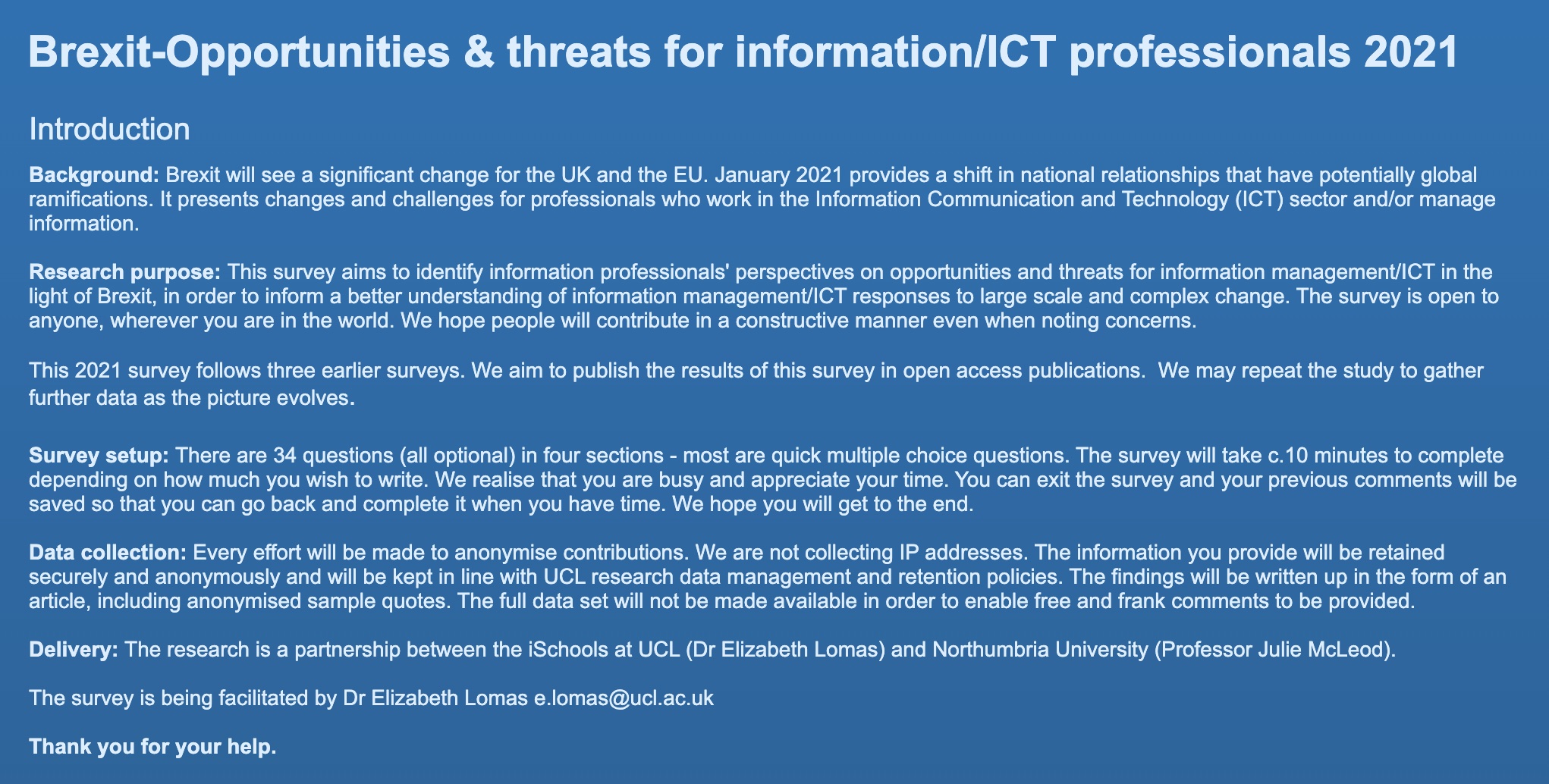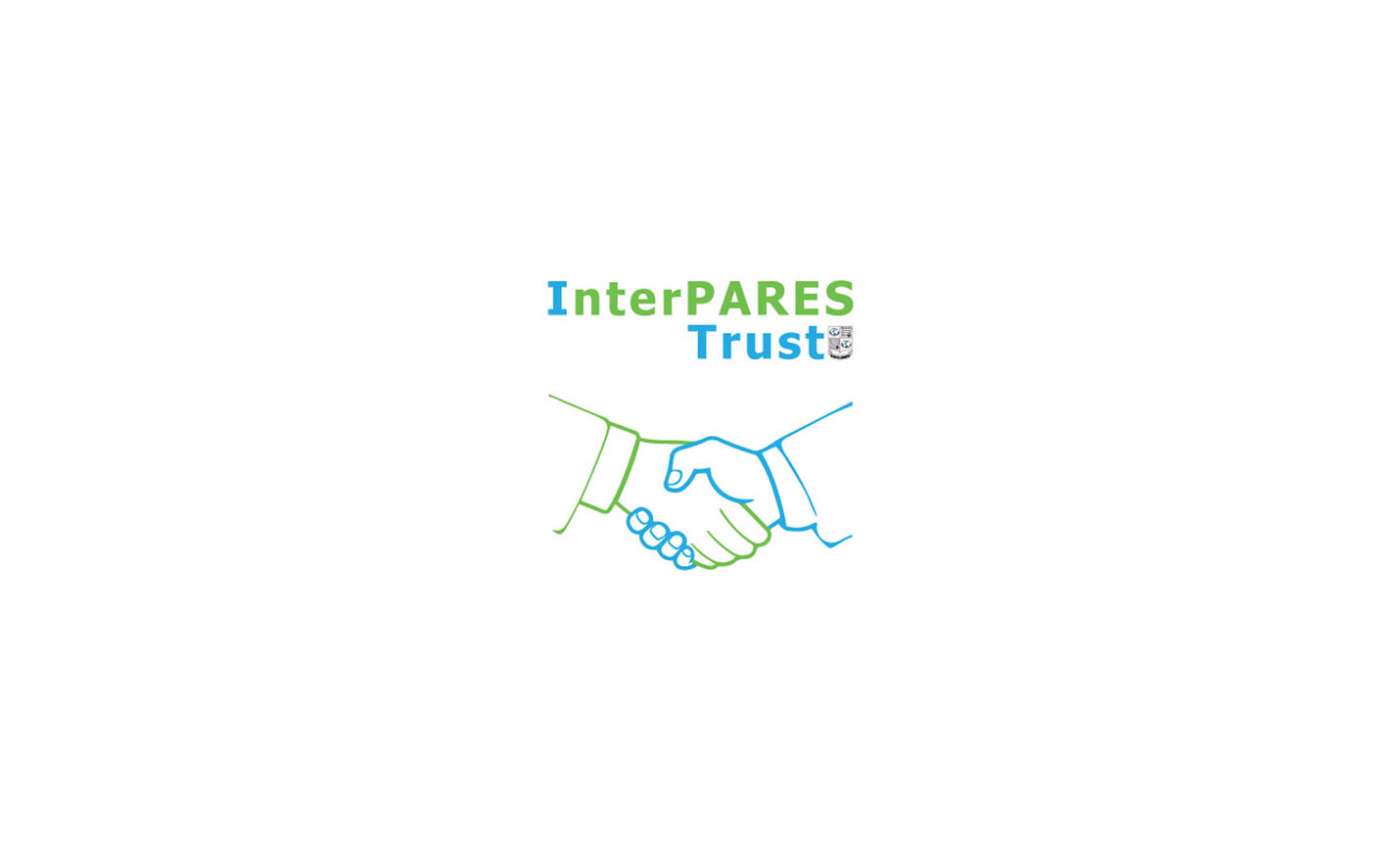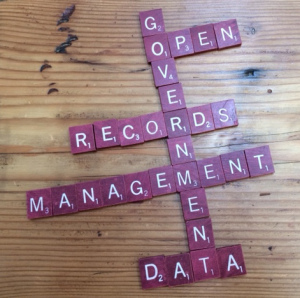 Since April this year I have been working on an InterPARES Trust study conducted by Team Europe researching the impact of Open Government Data on the practice and profession of Records Management in the public sector in the UK. The research presents a case study of a National Health Service (NHS) Hospital Trustand builds upon previous Team Europe projects (EU03 and EU19) by looking at how the Open Government environment will impact at a local level.
Since April this year I have been working on an InterPARES Trust study conducted by Team Europe researching the impact of Open Government Data on the practice and profession of Records Management in the public sector in the UK. The research presents a case study of a National Health Service (NHS) Hospital Trustand builds upon previous Team Europe projects (EU03 and EU19) by looking at how the Open Government environment will impact at a local level.The aim of the research is to identify the challenges of proactively publishing data in an Open Government environment, which range from the technicalities of not having a portal to disseminate the data to the more practical issues of the day-to-day management of Open Government Data, in terms of both time and resources. Data collection for the case study took the form of qualitative interviews with records professionals from the NHS Trust. The interviews were supplemented by a survey distributed to a specialist professional group, Health Archives and Records Group, in order to allow for a comparison between the case study and similar recordkeeping environments. I also attended one of the group’s meetings to further discuss the progress and implications of the Open Government environment within the health records sector, which was both useful and insightful in gaining additional professional opinions about Open Government Data.
The research has found that despite the national transparency and accountability agendas of NHS England, which emphasise Open Data as a ‘key enabler’ of openness, policy does not translate into practice at a local level – Open Government Data policy and practice within the NHS Trust case study is not established. In addition to the challenges mentioned above, records managers at the Trust also raised concerns around the lack of organisational support, and indeed interest, in the Open Government Initiative.
While the interviewees saw the value of Open Government Data for research purposes, it was evident that there is a reticence to publishing datasets. This can be attributed partly to the challenges mentioned above, but also partly to a lack of direction about what information should be published and an uncertainty over whether, and how, the data would be used. The public scrutiny that the NHS has been subject to for the failings of the Care.data data-sharing programme also adds pressure to any attempts to release data, free for public use, and re-use.
The research has allowed for the formation of a number of suggestions for the future of Open Government Data within the Records Management sector, including a professional focus on aspects of Open Government Data that we can contribute to, such as the integrity and accuracy of data, and also the running of pilots, which would help in determining the direction of development of the Open Government environment within the NHS.
KC is a Graduate Research Assistant at University College London, working on InterPARES Trust.


